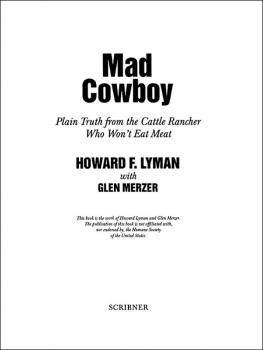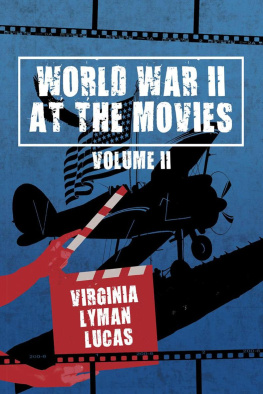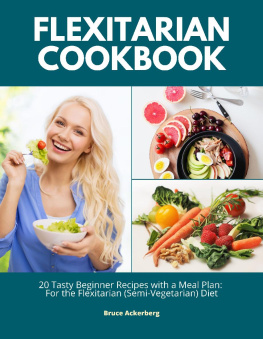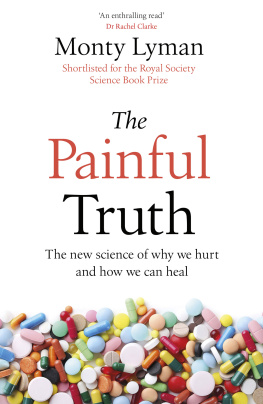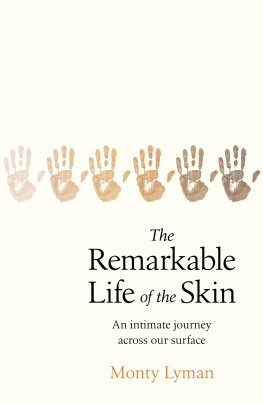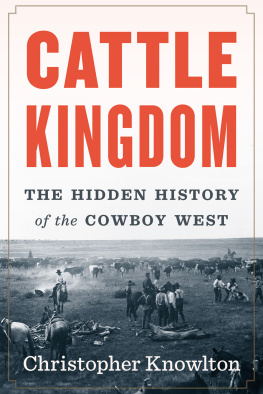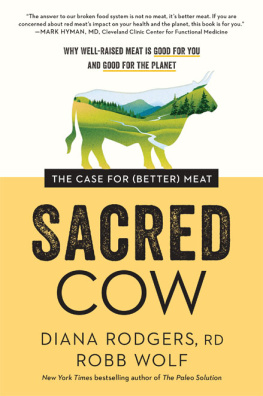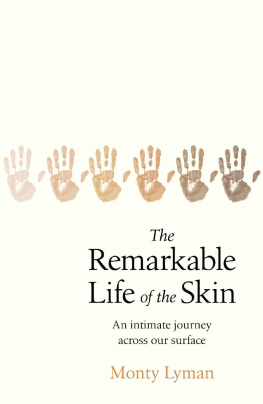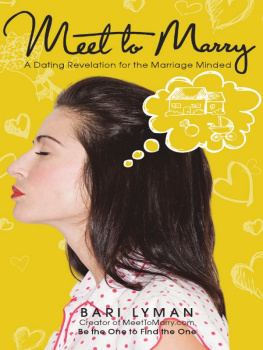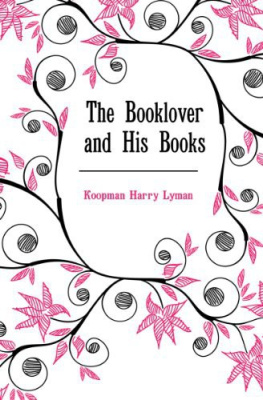CHAPTER ONE
How to Tell the Truth and Get in Trouble
I am a fourth-generation dairy farmer and cattle rancher. I grew up on a dairy farm in Montana, and I ran a feedlot operation there for twenty years. I know firsthand how cattle are raised and how meat is produced in this country.
Today I am president of the International Vegetarian Union.
Sure, I used to enjoy my steaks as much as the next guy. But if you knew what I know about what goes into them and what they can do to you, youd probably be a vegetarian like me. And, believe it or not, as a pure vegetarian now who consumes no animal products at all, I can tell you that these days I enjoy eating more than ever.
If youre a meat-eater in America, you have a right to know that you have something in common with most of the cows youve eaten. Theyve eaten meat, too.
When a cow is slaughtered, about half of it by weight is not eaten by humans: the intestines and their contents, the head, hooves, and horns, as well as bones and blood. These are dumped into giant grinders at rendering plants, as are the entire bodies of cows and other farm animals known to be diseased. Rendering is a $2.4-billion-a-year industry, processing forty billion pounds of dead animals a year. There is simply no such thing in America as an animal too ravaged by disease, too cancerous, or too putrid to be welcomed by the allembracing arms of the renderer. Another staple of the renderers diet, in addition to farm animals, is euthanized petsthe six or seven million dogs and cats that are killed in animal shelters every year. The city of Los Angeles alone, for example, sends some two hundred tons of euthanized cats and dogs to a rendering plant every month. Added to the blend are the euthanized catch of animal control agencies, and roadkill. (Roadkill is not collected daily, and in the summer, the better roadkill collection crews can generally smell it before they can see it.) When this gruesome mix is ground and steam-cooked, the lighter, fatty material floating to the top gets refined for use in such products as cosmetics, lubricants, soaps, candles, and waxes. The heavier protein material is dried and pulverized into a brown powderabout a quarter of which consists of fecal material. The powder is used as an additive to almost all pet food as well as to livestock feed. Farmers call it protein concentrates. In 1995, five million tons of processed slaughterhouse leftovers were sold for animal feed in the United States. I used to feed tons of the stuff to my own livestock. It never concerned me that I was feeding cattle to cattle.
In August 1997, in response to growing concern about the spread of bovine spongiform encephalopathy (or Mad Cow disease), the FDA issued a new regulation that bans the feeding of ruminant protein (protein from cud-chewing animals) to ruminants; therefore, to the extent that the regulation is actually enforced, cattle are no longer quite the cannibals that we had made them into. They are no longer eating solid parts of other cattle, or sheep, or goats. They still munch, however, on ground-up dead horses, dogs, cats, pigs, chickens, and turkeys, as well as blood and fecal material of their own species and that of chickens. About 75 percent of the ninety million beef cattle in America are routinely given feed that has been enriched with rendered animal parts. The use of animal excrement in feed is common as well, as livestock operators have found it to be an efficient way of disposing of a portion of the 1.6 million tons of livestock wastes generated annually by their industry. In Arkansas, for example, the average farm feeds over fifty tons of chicken litter to cattle every year. One Arkansas cattle farmer was quoted in U.S. News & World Report as having recently purchased 745 tons of litter collected from the floors of local chicken-raising operations. After mixing it with small amounts of soybean bran, he then feeds it to his eight hundred head of cattle, making them, in his words, fat as butterballs. He explained, If I didnt have chicken litter, Id have to sell half my herd. Other feeds are too expensive. If you are a meat-eater, understand that this is the food of your food.
We dont know all there is to know about the extent to which the consumption of diseased or unhealthy animals causes disease in humans, but we do know that some diseasesrabies, for exampleare transmitted from the host animal to humans. We know that the common food poisonings brought on by such organisms as the prevalent E. coli bacteria, which results from fecal contamination of food, causes the death of nine thousand Americans a year and that about 80 percent of food poisonings come from tainted meat. And now we can also be virtually certain, from the tragedy that has already afflicted Britain, that Mad Cow disease can jump species and give rise to a new variant of the always fatal, brain-wasting Creutzfeldt-Jakob disease in humans.
A funny thing can happen when you tell the truth in this country. You can get sued. In April of 1996, I was sitting on the stage of The Oprah Winfrey Show, looking into the shocked faces of a studio audience that was learning for the first time that we were turning cows into cannibals. Right now, I explained, were following exactly the same path that they followed in Englandten years of dealing with [Mad Cow disease] as public relations rather than doing something substantial about it. A hundred thousand cows per year in the United States are fine one night, then [found] dead the following morning. The majority of those cows are... ground up and fed back to other cows. If only one of them has Mad Cow disease, it has the potential to affect thousands. Oprah herself was taken aback, and said quite simply, Cows are herbivores. They shouldnt be eating other cows.... It has just stopped me cold from eating another burger.

